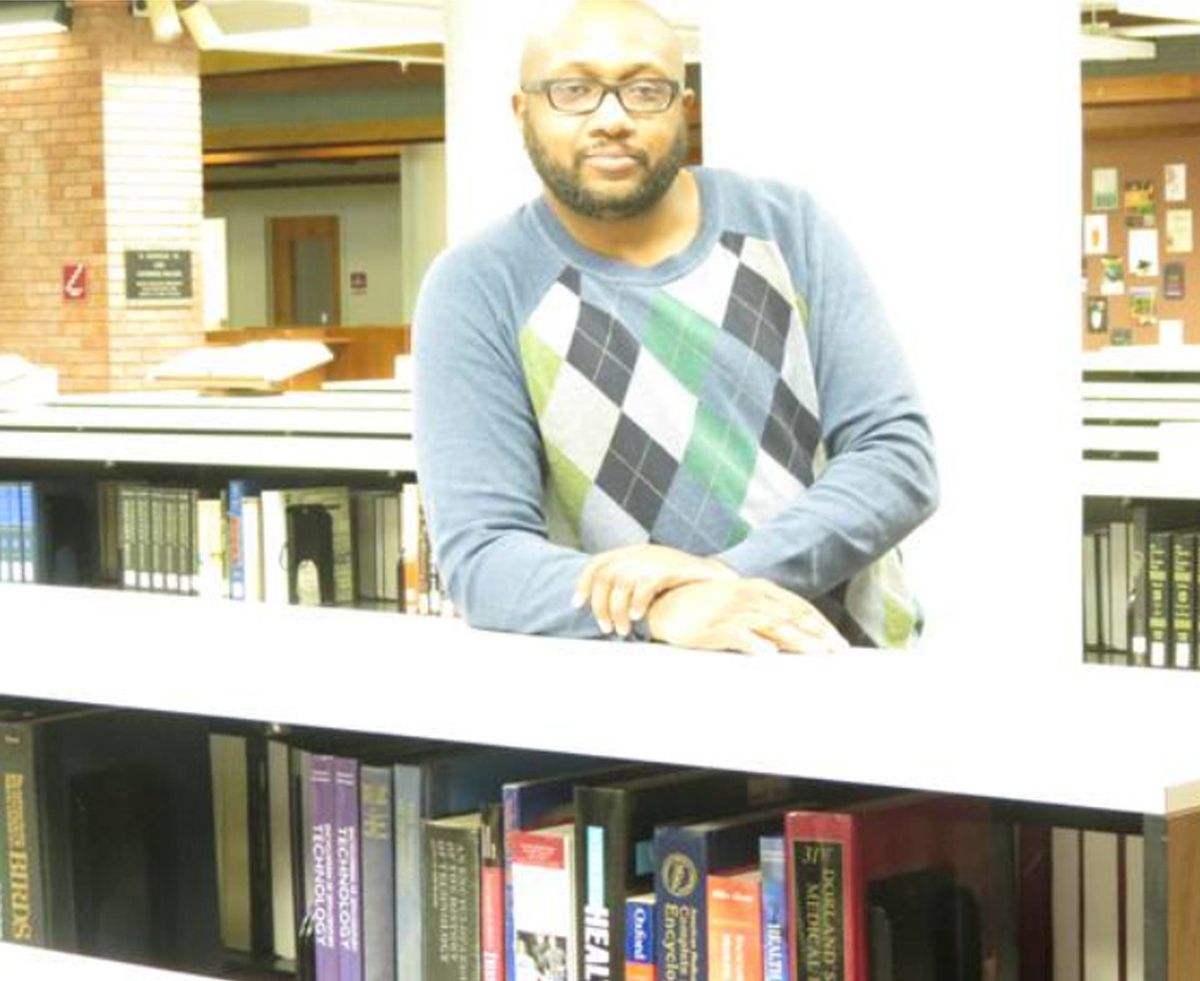Struggle hits home
In ‘Black Spokane’, historian examines civil rights movement

Over the course of his career, historian Dwayne A. Mack has illuminated some surprising truths about Spokane.
For example: Spokane has made national civil rights history.
Take the issue of Jim Crow-type discrimination in barbershops. This kind of discrimination took place in plenty of bigger cities, yet it was in Spokane in 1963 that the issue “received statewide attention and even global attention,” said Mack, an associate professor of history at Berea College in Kentucky.
The Gonzaga Haircut Uproar, as it became known, began when a Spokane barber refused to cut the hair of a Liberian exchange student. The ensuing protests made the front page of the Chicago Tribune and other newspapers around the world.
That’s just one of the issues Mack explores in his book, “Black Spokane: The Civil Rights Struggle in the Inland Northwest” (University of Oklahoma Press). He will deliver a talk with the same title on Wednesday at Gonzaga University School of Law.
Mack is fully aware that Spokane, with a black population that hovers around 2 percent, is “not recognized by historians for being a hotbed for civil rights activities.” When Mack’s faculty mentor at Washington State University first suggested Spokane’s black history as the subject for Mack’s Ph.D. dissertation in 2002, Mack knew “it might be a great challenge.”
“I wasn’t familiar with Spokane and I knew that Spokane did not have a large African-American community,” he said. “… Many of the (civil rights) narratives that have come out in recent years have been about the Deep South and about larger cities. Spokane?”
Yet he also realized that it would be “a great opportunity.” Only one academic book, Joseph Franklin’s “All Through the Night,” had been written about Spokane’s black history, and it ended with the 1940s. So Mack decided to take the story into the 1950s, 1960s and beyond.
“I fell in love with it,” he said. “It’s become a passion of mine.”
For one thing, he discovered Spokane has produced an outsized list of civil rights leaders who made a difference.
There was Rosa D. Malone, a Tuskegee Institute graduate who founded Spokane’s Booker T. Washington Community Center and the wartime George Washington Carver USO.
There were James and Lydia Sims, anti-discrimination activists and parents of Ron Sims, who would go on to political fame in Seattle. There were Frank Stokes and the Rev. Emmett Reed, early advocates for equality.
There was James Chase, who would make history by being elected mayor of Spokane in a landslide in 1981.
“He’s one of the most important figures in Spokane history, black or white,” said Mack.
There was “flamboyant, effective” civil rights attorney Carl Maxey, who argued a long list of civil rights cases – including the Haircut Uproar case.
“He’s the Martin Luther King, I consider, of Spokane,” said Mack.
These activists were “just as brave as those in the Deep South because Spokane activists operated in a region of the country that was socially and geographically isolated.”
His book – and his presentation – aims to tell their stories and their struggles for equality.
“People don’t realize that Spokane is an urban space, it is a major urban center, and that blacks live here and they experienced some of the same challenges that blacks in the Deep South experienced,” said Mack. “And that they were able to mount a challenge against Jim Crow – the West Coast form of Jim Crow segregation – and that they were effective. And that blacks were able to carve out a sense of community. Not only a sense of community, but a sense of identity.”
Mack did not grow up in that community. He grew up in Brooklyn, and received a bachelor’s degree in history from Methodist University in North Carolina and a master’s degree in history from North Carolina Central University. He came to WSU for his doctoral degree, which he earned in 2002. He is the Carter G. Woodson Chair in African American History at Berea.
For his dissertation, and subsequent book, he dived into the collections of the National Archives, Library of Congress and Northwest Museum of Arts and Culture, among many others. Yet he found perhaps the best storehouse of knowledge in the collections – and the minds – of local historians such as Jerrelene Williamson of the Spokane Northwest Black Pioneers.
“If it had not been for the local historians,” Mack said, “this book would not have been published.”